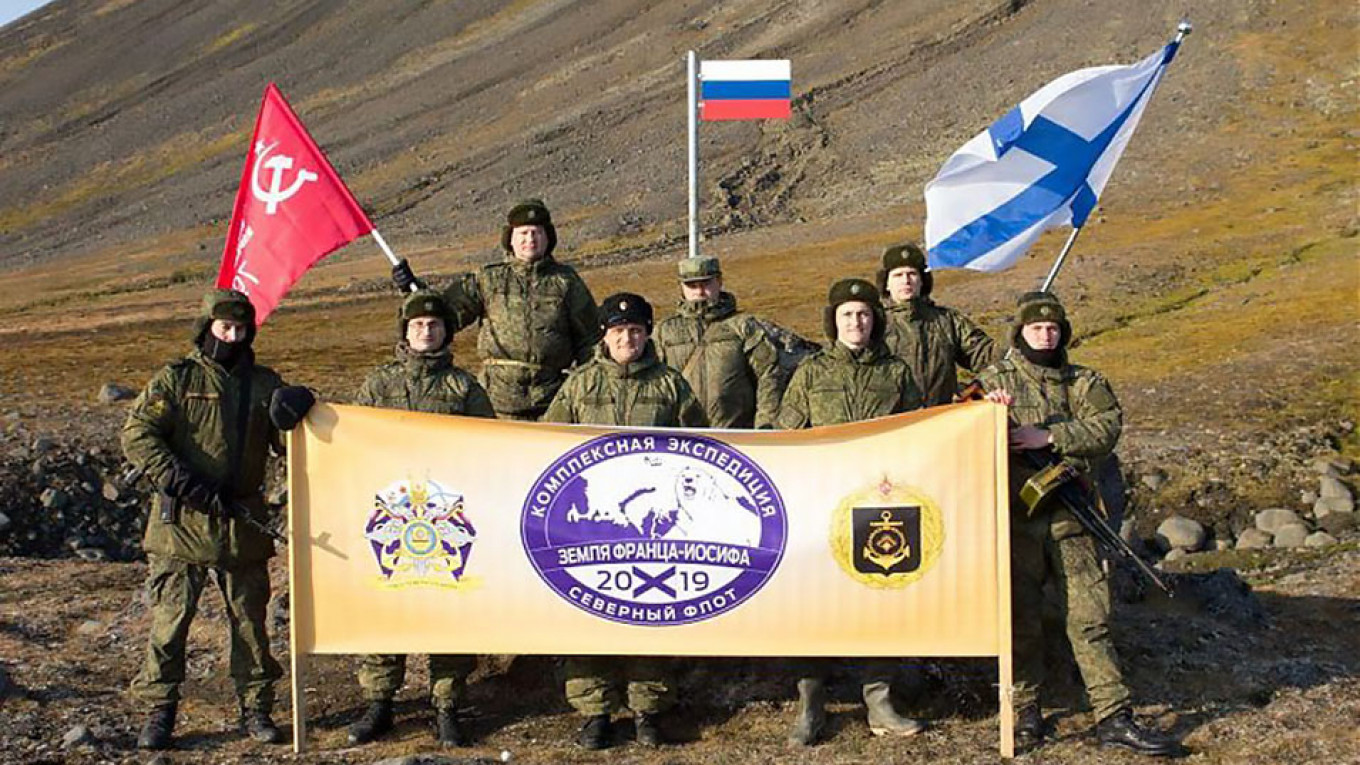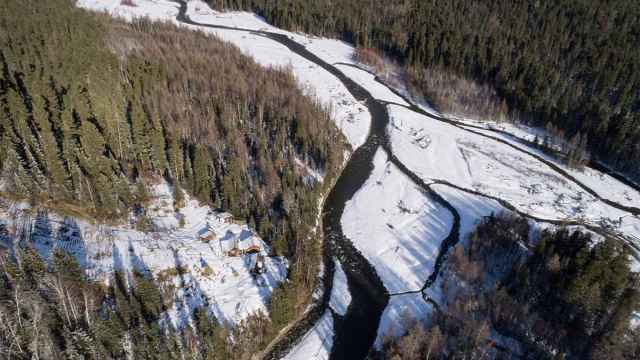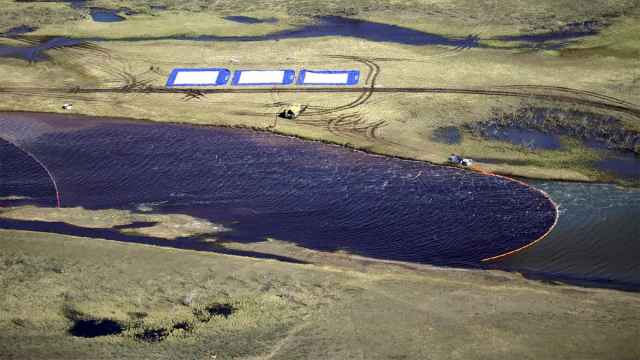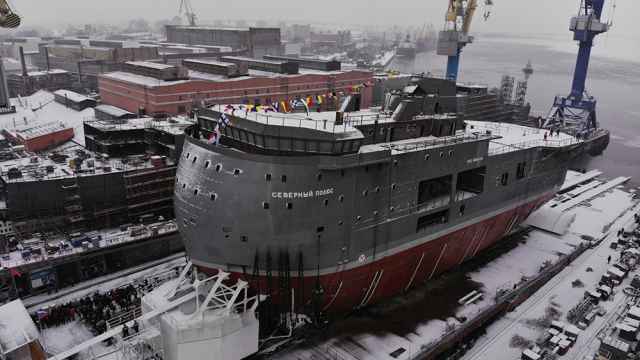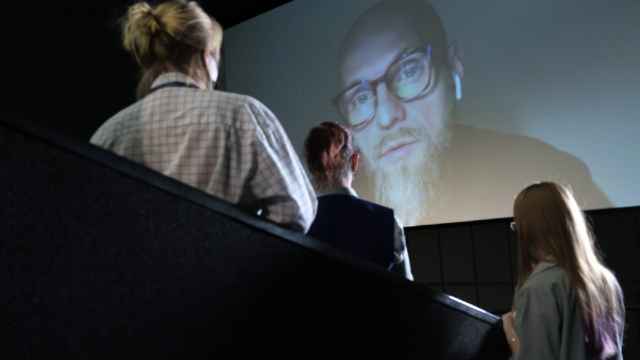Russia has planted its flag on the northernmost tip of Eurasia to symbolize Russia's desire to peacefully explore and develop the Arctic, the Northern Fleet said.
The steel construction was erected on Cape Fligely, located at 81.5 degrees north on Rudolf Island in the remote archipelago of Franz Josef Land.
Nothing but desolate Arctic waters lies to the north of the cape.
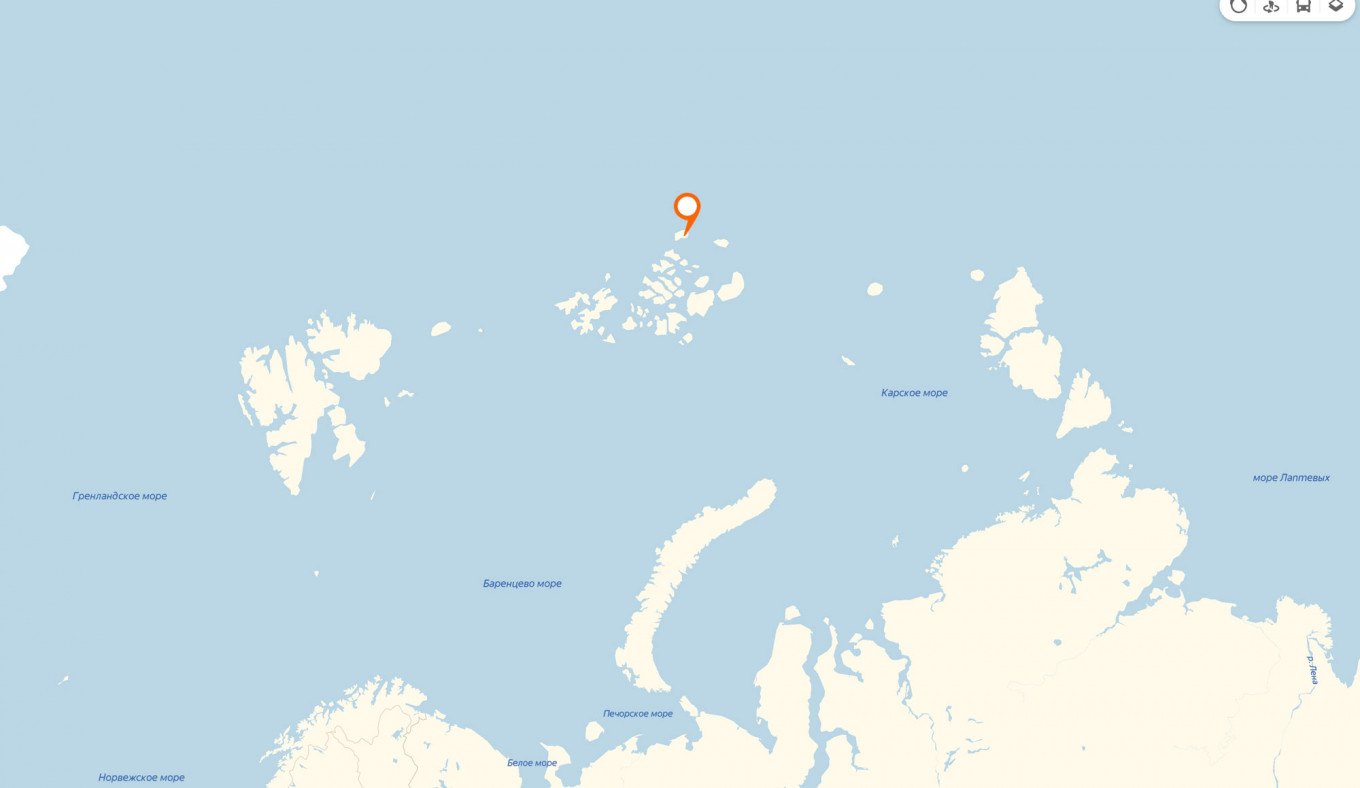
The flag was raised during a military expedition this month. This is the third flag installed on the archipelago as part of the Northern Fleet’s so-called historical-patriotic expedition to the area.
"In the current time period, the erection of the Russian flag on Franz Josef Land by sailors from the Northern Fleet symbolizes Russia’s aspiration for the peaceful exploration and development of the Arctic," the Northern Fleet press service said.
The expedition named "Three Flags over the Archipelago" was organized to mark the 145-year anniversary since the discovery of the island. It was the Austrian explorer Julius von Payer who in 1874 discovered the island that later was named the Rudolf Island.
The expedition was a joint initiative of the Navy and the Russian Geographical Society. It took place under very difficult weather conditions, the Northern Fleet said.
The flag is not the only symbolic installation on Rudolf Island. In 2003, Russian Orthodox pilgrims planted a 300-kilogram cross made of larch wood.
A Message from The Moscow Times:
Dear readers,
We are facing unprecedented challenges. Russia's Prosecutor General's Office has designated The Moscow Times as an "undesirable" organization, criminalizing our work and putting our staff at risk of prosecution. This follows our earlier unjust labeling as a "foreign agent."
These actions are direct attempts to silence independent journalism in Russia. The authorities claim our work "discredits the decisions of the Russian leadership." We see things differently: we strive to provide accurate, unbiased reporting on Russia.
We, the journalists of The Moscow Times, refuse to be silenced. But to continue our work, we need your help.
Your support, no matter how small, makes a world of difference. If you can, please support us monthly starting from just $2. It's quick to set up, and every contribution makes a significant impact.
By supporting The Moscow Times, you're defending open, independent journalism in the face of repression. Thank you for standing with us.
Remind me later.


